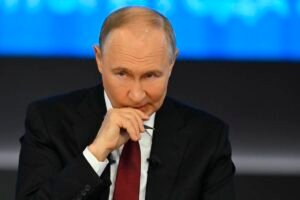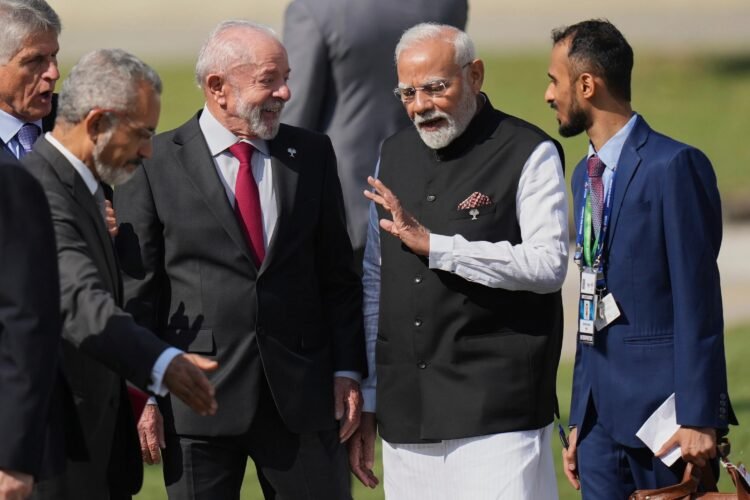Rio de Janeiro, Brazil — Russian Foreign Minister Sergey Lavrov reiterated Moscow’s readiness to mediate between Iran and the United States during a high-level meeting with his Iranian counterpart on the sidelines of the BRICS summit in Brazil, amid escalating tensions over Iran’s nuclear program and military conflict with Israel.
According to a statement by the Russian Foreign Ministry, Lavrov reaffirmed President Vladimir Putin’s earlier proposal to assist in finding “mutually acceptable solutions” to resolve the nuclear dispute. He also condemned the recent joint U.S.-Israeli strikes on Iranian nuclear facilities, stressing that such matters must be settled through diplomacy rather than military escalation.
The U.S. carried out coordinated airstrikes on key Iranian nuclear sites — including Natanz and Fordow — during the height of the 12-day Iran-Israel war. American officials have since claimed that the attacks significantly set back Tehran’s nuclear capabilities.

In the midst of the conflict, Iranian Foreign Minister Abbas Araghchi traveled to Moscow for direct talks with Putin. Despite the symbolism of the visit, no substantial breakthrough was announced beyond typical diplomatic reassurances.
Russia has previously offered to act as a go-between for Iran, the U.S., and Israel — even proposing to host Iran’s enriched uranium stockpile as a confidence-building measure.
BRICS Condemns Attacks on Iranian Civilian Infrastructure
Meanwhile, member states of the BRICS alliance issued a joint statement on Sunday condemning “deliberate attacks” on Iranian civilian and nuclear infrastructure. Though the statement did not mention the U.S. or Israel by name, it expressed “serious concern” over recent military actions.
The declaration, released following the BRICS summit in Rio de Janeiro, labeled the attacks as violations of international law and voiced alarm over the worsening humanitarian situation in Gaza caused by Israeli operations.
Founded in 2009 by Brazil, Russia, India, and China, BRICS has since expanded to include South Africa, Iran, Egypt, Ethiopia, and Saudi Arabia. The inclusion of Iran in the bloc has added new weight to its geopolitical messaging.
Araghchi represented Iran at the summit alongside a high-ranking delegation, as Tehran seeks broader international support amid ongoing regional instability and diplomatic isolation from the West.
The statement from BRICS and Russia’s continued push for mediation highlight a growing chorus among non-Western powers calling for restraint and diplomacy — even as the shadow of war looms large over the Middle East.

 English
English



























































